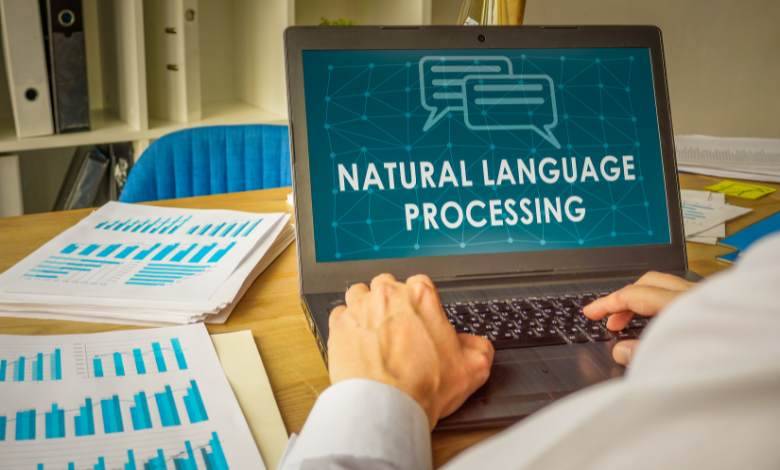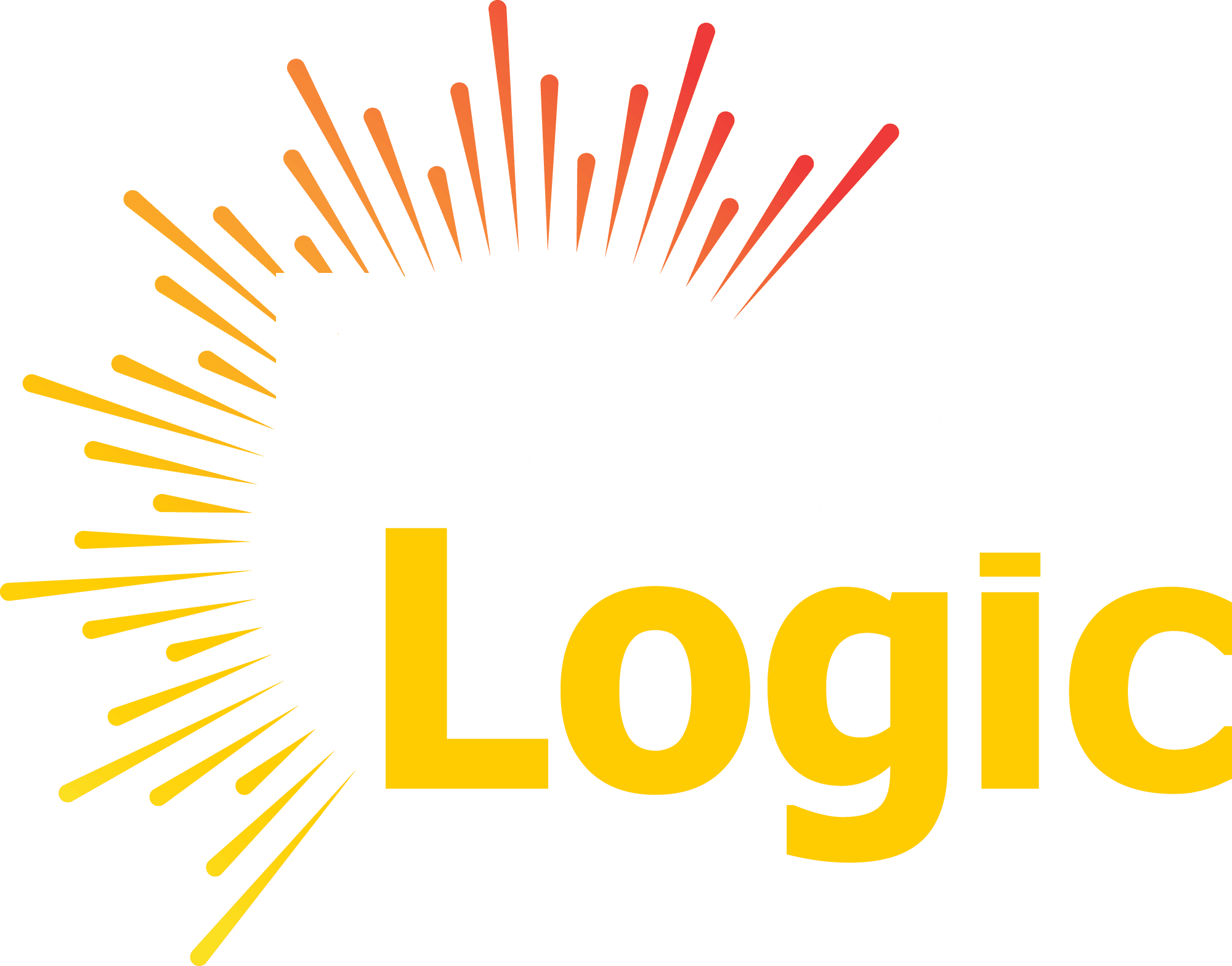Finding the right content can be likened to trying to find a needle in a haystack in the vast digital world, where information flows like a powerful river. This is where the Natural Language Processing (NLP)-powered Advanced Keyword Search Engine helps. Imagine a world where you can effortlessly sort through vast amounts of data, extracting exactly the information you require. Welcome to the realm of advanced keyword search engines, where NLP transforms the way we seek, discover, and consume information.

Table of Content
- The Foundation: Natural Language Keywords
- Advanced Keyword Search Engine: Unveiling the Power of NLP
- The Inner Workings of an Advanced Keyword Search Engine
- Advanced Keyword Search Techniques
- The Future of Advanced Keyword Search Engines
- Conclusion
The Foundation: Natural Language Keywords
Before we dive deep into the intricacies of advanced keyword search engines, let’s start with the basics – natural language keywords. These are the words or phrases you type into a search engine’s query box when you’re looking for something online. You can use them to convey your intent, the kind of information you’re seeking, and the context in which you’re searching. Your search queries are built using them.
What is Keyword Search?
Keyword search, in essence, is the process of finding information on the web using specific words or phrases as queries. When you enter keywords into a search engine, it searches through its extensive database and provides a list of web pages that it considers pertinent to your search query. But how do search engines decide what’s relevant and what’s not? This is where the magic of the keyword search algorithm comes into play.
The Relevance & Ranking Algorithm
At the core of every search engine lies its fundamental capability to provide users with pertinent search results. Search engines utilize intricate algorithms to ascertain which web pages are best suited to fulfill a user’s search objective. These algorithms take into account a range of factors, including the presence of relevant keywords on a webpage, the credibility and authority of the website, user engagement metrics, and other variables.
The keyword search algorithm evaluates these factors and assigns a ranking to each webpage. High rankings increase the likelihood of a webpage appearing at the top of search results. This ranking is essential because users are more likely to click on the top results, trusting that they are the most relevant to their query.
The Keyword Search Algorithm
The keyword search algorithm is the heart of every search engine. It’s a complex process that involves multiple steps, and it has evolved significantly over the years to keep pace with the ever-expanding internet. Here’s a simplified overview of how it works:
Crawling and Indexing: Search engines employ automated fitment management programs known as web crawlers or spiders to navigate the internet and gather data from websites. Subsequently, this information is indexed, resulting in a vast database of web pages and their respective content.
Query Processing: When a user inputs a search query, the search engine dissects it into separate keywords or phrases. These keywords are used to retrieve relevant pages from the index.
Ranking: The algorithm of the search engine examines the web pages it retrieves in order to assess their relevance to the user’s query. Factors like keyword placement, frequency, and user engagement are considered in this process.
Results Presentation: Finally, the search engine presents the user with a list of web pages ordered by their relevance. Users can access more information by clicking on the most relevant results at the top.
Advanced Keyword Search Engine: Unveiling the Power of NLP
In today’s digital age, information is at our fingertips. Whether you’re looking for a new recipe, researching a topic for a school project, or hunting for the latest tech gadget, you turn to search engines for answers. But have you ever wondered how these search engines understand and fetch the most relevant results from the vast sea of information available online? Step into the world of cutting-edge keyword search engines driven by the transformative power of Natural Language Processing (NLP) technology. This innovation is reshaping the landscape of information retrieval, enhancing the way we seek and discover knowledge.
Natural Language Processing (NLP)
Now that we have a basic understanding of keyword search and its ranking algorithm, let’s explore how NLP enhances this process. Natural Language Processing (NLP) is a specialized field within the realm of artificial intelligence dedicated to empowering computers with the ability to comprehend, decipher, and generate human language. In the context of advanced keyword search engines, NLP plays a pivotal role in understanding the nuances of language.
What is Tokenization?
Tokenization is one of the fundamental tasks in NLP. It involves breaking down a piece of text, such as a sentence or a paragraph, into smaller units called tokens. Tokens are typically words or subwords. For example, the sentence “I love eating chocolate” can be tokenized into four tokens: “I,” “love,” “eating,” and “chocolate.”
The tokenization process makes it easier for search engines to analyze and process text because it allows them to work with individual words. It also helps in identifying keywords within a query.
What is Normalization?
Normalization is another crucial step in NLP. It aims to standardize or normalize text to ensure consistency in language processing. It involves converting text to lowercase, removing punctuation, and handling variations in spelling or word forms.
For example, if a user searches for “running shoes,” the search engine normalizes the query to “running” and “shoes” to ensure that relevant results are not missed due to variations like “runners’ shoes.”
Once Parsed: What Can NLP Do?
Once the text has been tokenized and normalized, NLP can perform a range of tasks to enhance keyword search, including:
Part-of-Speech Tagging: Using natural language processing, each token in a sentence can be tagged with its grammatical part of speech. This helps the search engine understand the role of each word in a query.
Named Entity Recognition: Natural Language Processing (NLP) has the capability to identify and categorize entities within the text, like individuals’ names, geographical locations, corporate entities, and specific dates. This feature proves especially beneficial in enhancing the precision of search results.
Sentiment Analysis: Natural Language Processing is capable of analyzing the emotional tone or sentiment of a text. For example, it can determine whether a user’s query expresses a positive or negative sentiment, which can influence the search results.
Semantic Analysis: Perhaps the most powerful capability of NLP is semantic analysis. This process entails comprehending the significance and context of words and phrases within a sentence. Semantic analysis empowers the search engine to comprehend the user’s intention behind their query, even when the language used is ambiguous or intricate.
Going Further with NLP – Semantics
NLP-powered semantic search elevates keyword search to a new level. It goes beyond the mere presence of keywords on a webpage and delves into the meaning and context of the content. This is especially beneficial in situations where keywords alone might not capture the user’s true intent.
Imagine you’re searching for information about “Apple.” Without semantic analysis, the search engine might return results related to the fruit, the technology company, or even the Beatles’ record label. When you search semantically, the engine understands the context of your query. If you’re interested in the technology company, it will prioritize results related to Apple Inc., not the fruit or the music label.
Semantic search accomplishes this by taking into account the connections between words and ideas, in addition to the user’s search history and actions. It takes into account synonym search, related terms, and the broader context of the query to provide more accurate and context-aware results.
The Inner Workings of an Advanced Keyword Search Engine
Let’s dive deeper into the mechanics of an advanced keyword search engine. At its core, it utilizes intricate algorithms and methodologies to analyze and comprehend natural language. Here are several crucial components that drive its functionality:
1. Semantic Search
Traditional search engines rely heavily on keyword matching. If you entered “recipe for apple pie,” they would look for web pages that contained those exact words. However, an advanced keyword search engine goes beyond mere keyword matching.
Using NLP, it delves into the semantics of the query. It understands that when you search for “recipe for apple pie,” you are not just looking for those specific words but rather for web pages that discuss the process of making a delicious apple pie. This semantic understanding allows the engine to provide results that are not only more accurate but also contextually relevant.
2. Contextual Understanding
Search engines enhanced with Natural Language Processing (NLP) capabilities demonstrate remarkable proficiency in comprehending the context of a search query. These advanced engines consider various factors, such as the user’s geographical location, search history, and even the time of day, in order to deliver personalized search results tailored to each individual’s needs. For example, if you search for “pizza” in the evening, the engine might prioritize nearby pizzerias, while a morning search could yield recipes for making pizza at home.
3. Natural Language Queries
One of the most significant advancements is the ability to process natural language queries. Instead of typing in a series of keywords, users can now ask questions or describe their intent in plain English. For example, you could ask, “What are the health benefits of eating apples regularly?” The search engine, thanks to NLP, can decipher the query and retrieve relevant information.
Advanced Keyword Search Techniques
Now that we’ve established a fundamental grasp of how NLP revolutionizes search engines, let’s delve into more sophisticated keyword search strategies that harness the power of this technology:
1. Voice Search
Due to the growing presence of virtual assistants such as Siri, Google Assistant, and Alexa, voice search has gained significant popularity. NLP is at the heart of these voice-activated search engines. Users can speak naturally, ask questions, receive spoken responses or display results that align with their queries.
2. Predictive Search
Search engines can predict what users are searching for using natural language processing. As you start typing a query, the engine offers suggestions in real-time, based on the context and popular search trends. This predictive feature saves time and often leads users to their desired results more quickly.
3. Concept-Based Search
In a concept-based search, the search engine goes beyond the literal keywords and focuses on the underlying concepts. For instance, if you search for “paleo diet,” the engine might also show results related to “caveman diet” or “Stone Age nutrition.” This approach broadens the scope of the search, ensuring that users discover a wider range of relevant content.
4. Entity Recognition
NLP allows search engines to identify entities within a query. An entity could be a person, place, organization, or any well-defined concept. For example, if you search for “Apple,” the engine can distinguish whether you are referring to the tech company or the fruit and provide results accordingly.
The Future of Advanced Keyword Search Engines
As technology continues to evolve, so will advanced keyword search engines. Here are some exciting possibilities on the horizon:
1. Multilingual Search
The NLP is breaking down language barriers. Advanced keyword search engines of the future will seamlessly process queries in multiple languages, making information more accessible to a global audience.
2. Enhanced Personalization
Individual preferences will be better understood by search engines and personalized results will be delivered. Imagine a search engine that knows your tastes, interests, and needs better than you do, thanks to NLP.
3. Improved Accessibility
NLP-driven search engines will be instrumental in making the Internet more accessible to individuals with disabilities. These engines will understand and cater to specific accessibility requirements, ensuring that everyone can access online information effortlessly.
4. Integration with Augmented Reality (AR) and Virtual Reality (VR)
Integration with augmented reality (AR) and virtual reality (VR) is transforming the way we interact with digital content and immersive experiences. AR seamlessly blends digital elements with the real world, enhancing our perception and providing valuable information overlay in various applications, from navigation to gaming and education. On the other hand, VR creates entirely immersive environments, transporting users to virtual realms for training, gaming, or therapeutic purposes. These technologies have vast potential across industries such as healthcare, real estate, automotive, and education. By integrating AR and VR, businesses can offer innovative solutions, enhance user engagement, and provide unique experiences that were once considered futuristic. As technology continues to advance, the possibilities for AR and VR integration are boundless, opening doors to new dimensions of interaction and engagement in our digital world.
Conclusion
In conclusion, the evolution of search engines, particularly through the integration of Natural Language Processing (NLP), has revolutionized the way we access information in the vast digital landscape. Advanced Keyword Search Engines, powered by NLP, have transcended traditional keyword matching and embraced semantic understanding, contextual relevance, and the ability to process natural language queries.
As we navigate through the intricacies of NLP, understanding processes like tokenization, normalization, part-of-speech tagging, named entity recognition, sentiment analysis, and semantic analysis becomes crucial. These capabilities enable search engines to not only identify keywords but also grasp the nuances, sentiments, and intentions behind user queries, making information retrieval more accurate and user-centric.
Looking ahead, the future of advanced keyword search engines holds exciting possibilities. Multilingual search, enhanced personalization, improved accessibility for individuals with disabilities, and integration with Augmented Reality (AR) and Virtual Reality (VR) are on the horizon. The potential for breaking down language barriers, delivering personalized results, and transforming digital interactions through AR and VR opens up new dimensions of accessibility and engagement.
In this era of technological advancement, we are witnessing the transformation of how we seek and consume information. As users, embracing and understanding these innovations empowers us to navigate the digital realm seamlessly. It’s not just about finding information; it’s about finding the right information effortlessly. Let’s embrace the evolving landscape of advanced keyword search engines, fueled by the transformative power of NLP, and explore the boundless opportunities they bring to our digital experiences. This evolution ensures that the digital universe remains accessible and navigable for all, just as PartsLogic revolutionizes the automotive industry by streamlining the supply chain and delivering parts with unmatched efficiency and precision.
Stay curious and explore the capabilities of advanced keyword search engines. As users, let’s adapt to the evolving search landscape, leverage the power of NLP-driven innovations, and contribute to the continual improvement of information retrieval. Whether you’re a student conducting research, professional seeking industry insights, or simply curious about the world around you, dive into the world of advanced keyword search and witness firsthand the transformative impact it has on shaping our digital future.






One Response
Great article! I appreciate the clear and insightful perspective you’ve shared. It’s fascinating to see how this topic is developing. For those interested in diving deeper, I found an excellent resource that expands on these ideas: check it out here. Looking forward to hearing others’ thoughts and continuing the discussion!